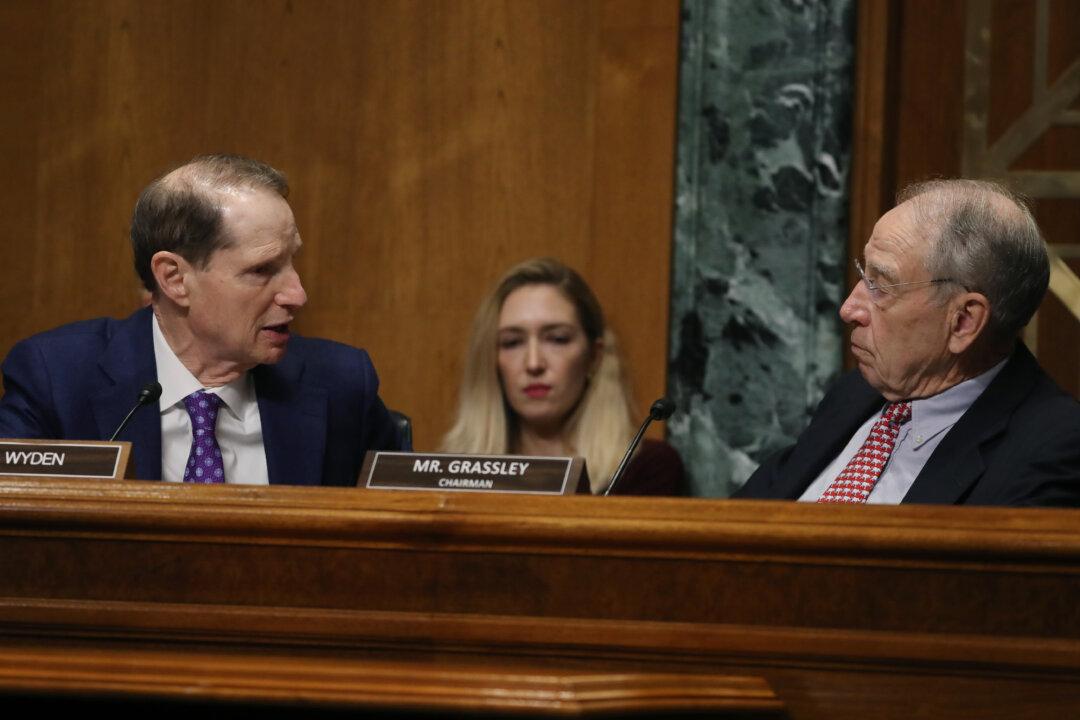The Senate Finance Committee approved sending the U.S.–Mexico–Canada trade agreement to the full Senate in a 25–3 vote on Jan. 7.
Sens. Pat Toomey (R-Pa.), Sheldon Whitehouse (D-R.I.), and Bill Cassidy (R-La.) voted against advancing the bill.


The Senate Finance Committee approved sending the U.S.–Mexico–Canada trade agreement to the full Senate in a 25–3 vote on Jan. 7.
Sens. Pat Toomey (R-Pa.), Sheldon Whitehouse (D-R.I.), and Bill Cassidy (R-La.) voted against advancing the bill.